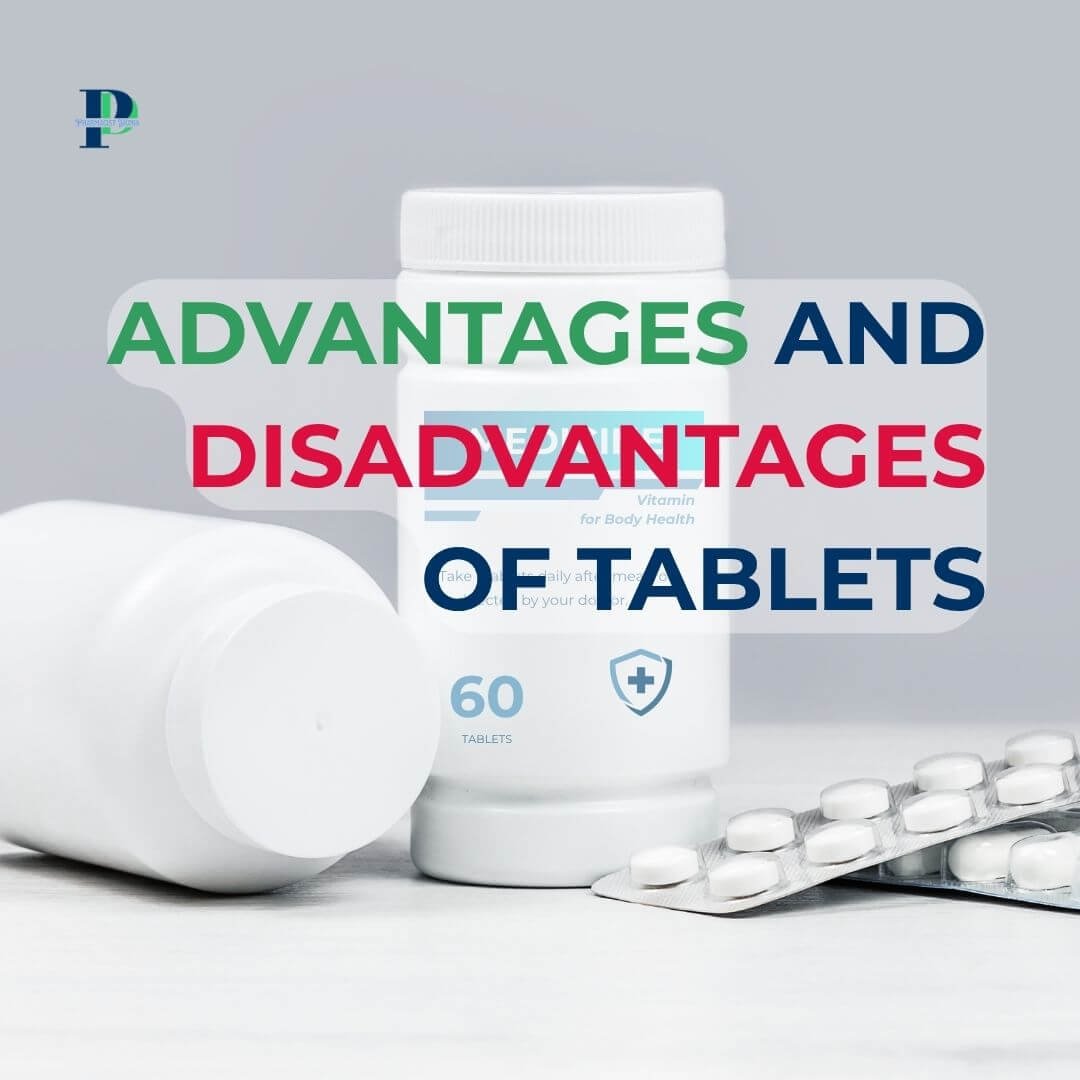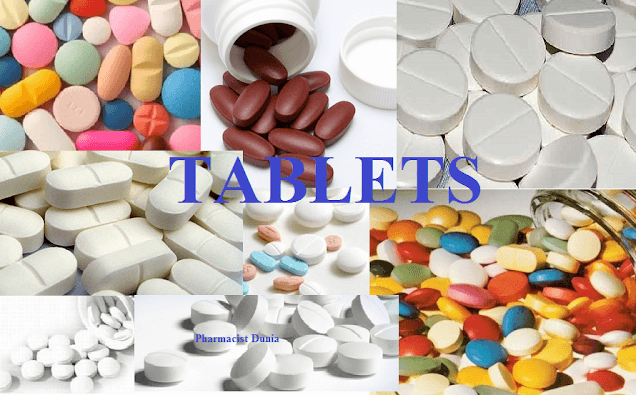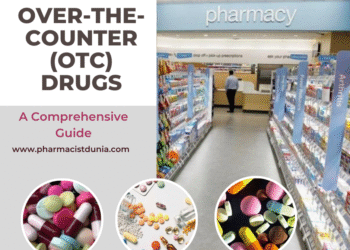Did you know that nearly 80% of all medications prescribed today are in tablet form?
In this article, we’ll explore the advantages and disadvantages of tablets and help you determine whether they’re the right option for your healthcare needs. Tablets are one of the most popular and widely used forms of medication, thanks to their convenience and ease of use. But are they always the best choice for patients?
Do you know the pros and cons?
 Discover the advantages of improved dosing accuracy and ease of administration, but also the disadvantages of swallowing difficulties and overdose risks. Learn more about the benefits and limitations of tablet medication in our comprehensive guide.
Discover the advantages of improved dosing accuracy and ease of administration, but also the disadvantages of swallowing difficulties and overdose risks. Learn more about the benefits and limitations of tablet medication in our comprehensive guide.
What is Tablet Dosage Form?
Tablets are one of the most common dosage forms used in the pharmaceutical industry. They are solid dosage forms that consist of active ingredients and other pharmaceutical excipients. Tablets are widely used because of their convenience, ease of administration, accurate dosing, and stability. They can be manufactured in various shapes, sizes, and colors, and can be designed to release the active ingredient in a specific manner to achieve the desired therapeutic effect.
Advantages of tablets
Tablets are a highly preferred and widely used medication dosage form due to the numerous benefits they offer. This convenient and practical option offers improved dosing accuracy, longer shelf life, ease of administration, and more. With the ability to easily administer, store and transport medication, tablets have become the preferred choice for both patients and healthcare professionals alike. Here, we will delve deeper into the advantages of tablet medication and explain why this form of medication is the preferred choice of millions worldwide.
Convenience:
Tablets are easy to handle and can be stored in a small space. They can be easily carried and administered, making them a convenient dosage form for patients who are traveling or are on the go.
Accurate dosing:
Tablets are designed to contain a specific amount of the active ingredient, ensuring that the patient receives the correct dose. This helps to ensure that the patient receives the desired therapeutic effect.
Stability:
Tablets are a stable dosage form and have a long shelf-life. They can be stored in their original packaging for an extended period of time without losing their potency.
Cost-effective:
Tablets are a cost-effective dosage form compared to other dosage forms, such as capsules and injectables. This makes them a popular choice for pharmaceutical manufacturers.
Versatility:
Tablets can be designed to release the active ingredient in a specific manner to achieve the desired therapeutic effect. They can be coated to protect the active ingredient from degradation or to mask its taste.
- They are easy to carry.
- They are easy to swallow.
- They are attractive in appearance.
- Unpleasant odor or taste of the drug can be masked by suger coating or film coating.
- They do not require any measurement of dose.
- Sealed covering protects the tablet from atmospheric conditions e.g., light, air etc.
- An accurate amount of medicament even in very small can be incorporated.
- Tablets provide prolonged stability to medicament, i.e., tablet is more stable than other dosage form.
- The incompatibility of medicaments is less in tablet dosage form.
- Easy to self administration.
- Economically their cost of production is relatively low.
- Easy to handling.
- Tablet is the lightest and most compact dosage form.
Disadvantage of tablet:
Although tablets are a widely used medication dosage form, it is important to acknowledge their disadvantages as well. Tablets can present several drawbacks, such as difficulty in swallowing, slower onset of action, and increased risk of overdosing. It is crucial for healthcare professionals and patients to understand these limitations, as they can impact the effectiveness and safety of the medication. In this article, we will explore the disadvantages of tablet medication, including the challenges of dosing accuracy and how it affects drug absorption, the risk of choking or aspiration, and more. By being aware of these potential drawbacks, patients and healthcare professionals can take appropriate steps to mitigate the risks and ensure safe and effective medication use.
Difficulty in swallowing:
Tablets can be difficult to swallow, particularly for patients who have dysphagia or difficulty in swallowing. This can lead to non-compliance with medication regimens.
Slow onset of action:
Some tablets can have a slow onset of action, particularly if they have to be broken down in the stomach before they can be absorbed into the bloodstream.
Irritation of the stomach:
Some tablets can irritate the stomach lining, leading to gastric upset or other gastrointestinal side effects.
Inability to adjust dosage:
Tablets cannot be easily adjusted to achieve the desired therapeutic effect. Patients may need to switch to a different dosage form or medication altogether.
- Some drugs resist compression into dense compacts owing to their amorphous nature or low density character.
- Drugs with poor wetting and slow dissolution properties may be difficult or impossible to formulate and manufacture as a tablet that will provide adequate of full drug bioavailability.
- Bitter tasting drugs with an objectionable odor or drugs that are sensitive to oxygen may require encapsulation entrapment prior to compression or the tablets may require coating. In such cases, the capsule may offer the best and lowest cost approach.
- tables are not suitable for children or old man because they cannot take it easily.
- Patients with vomiting and diarrhoea cannot take it or absorb it.
- Some drugs cause gastric irritation when they are given in the tablet form.
- Tablet is not suitable for Unconscious patients.
In conclusion, tablet dosage form has both advantages and disadvantages. Tablets are convenient, easy to transport and store, and have precise dosing. They can also be formulated to release the active ingredient slowly over time, making them a good choice for long-term therapy. However, tablets can be difficult to swallow, may have a bitter taste, and may not be suitable for patients with certain medical conditions.
Overall, the advantages and disadvantages of tablet dosage form must be carefully considered by healthcare professionals when prescribing medications. The decision to use tablets should be based on the individual patient’s needs and medical history. By weighing the pros and cons, healthcare professionals can make informed decisions that will result in the best possible patient outcomes.
To summarize, if you are considering the use of tablets for medication, it is important to work closely with a healthcare professional to determine whether they are the best choice for your individual needs. Proper education and guidance from a qualified healthcare provider can help ensure safe and effective use of tablet dosage form.
References:
- R. Banker and C. T. Rhodes, Modern Pharmaceutics, 3rd ed., Marcel Dekker, Inc., New York, NY, 1996.
- S. P. Vyas and R. K. Khar, Controlled Drug Delivery: Concepts and Advances, 1st ed., Vallabh Prakashan, New Delhi, 2002.
- Allen LV Jr. Tablet Dosage Form. In: Allen LV Jr., ed. Remington: The Science and Practice of Pharmacy. 22nd ed. Philadelphia: Elsevier; 2013: 912-924.
- Ansel HC, Popovich NG, Allen LV. Pharmaceutical Dosage Forms and Drug Delivery Systems. 9th ed. Philadelphia: Lippincott Williams & Wilkins; 2011.
- Lachman L, Lieberman HA, Kanig JL. The Theory and Practice of Industrial Pharmacy. 3rd ed. Philadelphia: Lea & Febiger; 1986.
- Rowe RC, Sheskey PJ, Owen SC, eds. Handbook of Pharmaceutical Excipients. 7th ed. London: Pharmaceutical Press; 2012.
- United States Pharmacopeial Convention. USP 40-NF 35. Rockville, MD: USP; 2017.
- “Tablets.” Encyclopedia of Pharmaceutical Technology. 4th ed. 2013.










